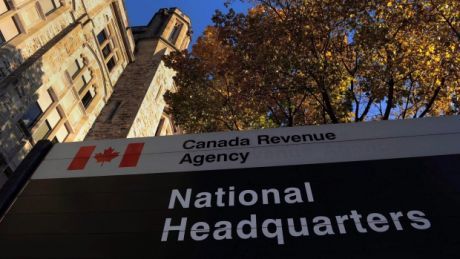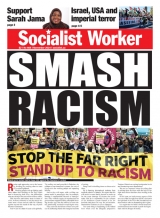Reports
You are here
Auditing Public Discourse

August 21, 2014
Most mainstream charities are hardly what one could call revolutionary or even progressive. While many do good work, they largely avoid open critiques of power. Gaining financial donors and social media followers often replaces any kind of analysis or direct action addressing the roots of social, economic and ecological problems they claim to address.
Mainstream charities look and talk like corporations. Most, in their hiring practices, seek vocational skills and marketability over critical thinking. Courting donors and fundraising is preferred over the courage to ask questions or challenge power. Executive compensation at top charities and foundations approaches corporate excess. Like the private sector, employee exploitation through unpaid interns and part-time contracts is the norm.
The tendency of charities being an outgrowth of the establishment is one reason why the Canadian Federal Governments’ auditing of “politically active” charities is of such concern. It indicates there is no space for even moderate voices who challenge the narrative of the power elite.
One could question why so much attention is given to auditing a few, rather marginal organizations. After all, there are hundreds of thousands of charities in Canada, with billions in annual revenue. How does Canada Revenue Agency (CRA) decide to audit a handful?
If government authorities were serious about tax audits, they would pursue the massive amounts of capital in offshore tax havens. They would reign in lawyers who game the system and find loopholes for corporate clients. If they were serious about politically active charities they would target the many well-funded neoliberal “think tanks” and advocacy organizations like the Fraser Institute.
However, this is not the goal. Like the McCarthy era “witch-hunts”, the goal is the destruction of any forum for organization or public discourse that seriously challenges the status quo or presents alternatives. People are free to have their individual beliefs, privately, but organizations must fall within politically acceptable confines on issues such as inequality, climate change and foreign policy. By targeting a few voices, the entire public discourse can be kept within “safe” confines. It is a message directed to “progressives” within the establishment, indicating how far they can go before their funding is cut or they are not invited back as pundits.
If this is indeed the goal, it has been successful. The most recent Ontario election showed how even the NDP is unwilling to present alternatives to neoliberal dogma. The Palestine issue shows how the entire political class is forced to repeat the same clichés, or risk their career.
The result is civic disengagement and an intellectually/morally bankrupt public discourse. But for much of the establishment, that’s exactly where they are comfortable.
Section:










